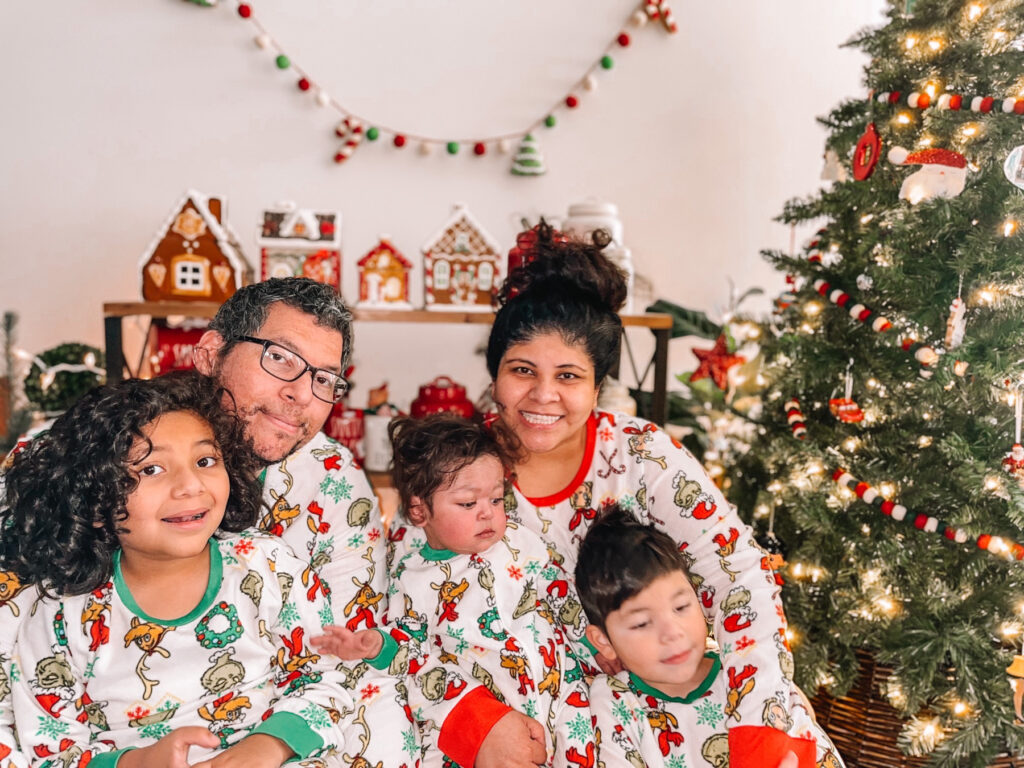Brexton Oquendo lived for only 17 months, but his parents are working to ensure his short life has a big impact.
To that end, Sibrana Oquendo, Valdosta clerkship coordinator at Mercer University’s School of Medicine, and her husband, Blake Oquendo, started a foundation to raise awareness and support other parents of children who have congenital heart defects like their son.
Brexton had complex congenital heart disease, or CHD, which affected the left side of his heart.
“The Brexton Foundation was founded in honor of Brexton to help many other CHD and complex CHD babies reach into childhood,” Sibrana said. “Right now, there is not enough, if any research, on the left side of tiny babies’ hearts. … Our hope is to one day make the groundbreaking research possible for all babies who suffer from left-sided heart conditions, so they can reach childhood and beyond.”
The Oquendos are sharing their story for Congenital Heart Defect Awareness Week, which is Feb. 7-14, to bring attention to these heart abnormalities that are present at birth.
Nearly 1% of babies in the U.S. are born with congenital heart defects. They are a leading cause of birth defect-associated infant illness and death, according to the Centers for Disease Control and Prevention.
The Oquendos learned about Brexton’s diagnosis, which included five heart defects, late in Sibrana’s pregnancy. But they didn’t know how severe it was until he was born on Aug. 3, 2020, at University of Florida Health in Gainesville, Florida.
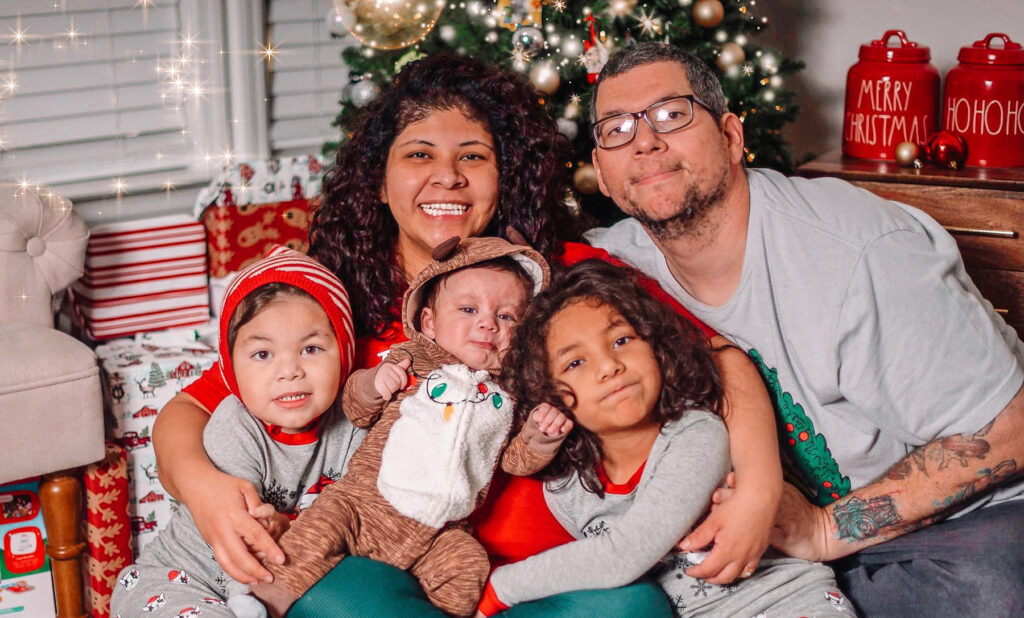
Brexton had his first open heart surgery at 17 days old and another at almost 7 months. He was later transferred to Boston Children’s Hospital, where he had two more open heart surgeries. He had a pacemaker, lung issues, a feeding tube and suffered from suture dehiscence, which is when wound edges separate.
“When you have a heart condition, it affects every little thing about a person. … It impacts a child’s daily life,” Blake said. “And that’s another thing we noticed with Brexton. He was always tired. He didn’t walk. If he sat up, we would have to position him a certain way or he’d tip over. He didn’t have that strength. … It affects everything.”
Brexton’s long hospital stays meant Blake and Sibrana were often separated. One would be with Brexton, and the other would stay at their South Georgia home with their two older sons, Brayden and Bennett, who are now 9 and 7, respectively.
“It was really, really rough,” Sibrana said. “Our oldest is more like a daddy’s boy versus our middle one who is a mommy’s boy. It would always cause havoc between them because when Blake would leave, Brayden would be missing him, and when I would leave, Bennett would be missing me.”
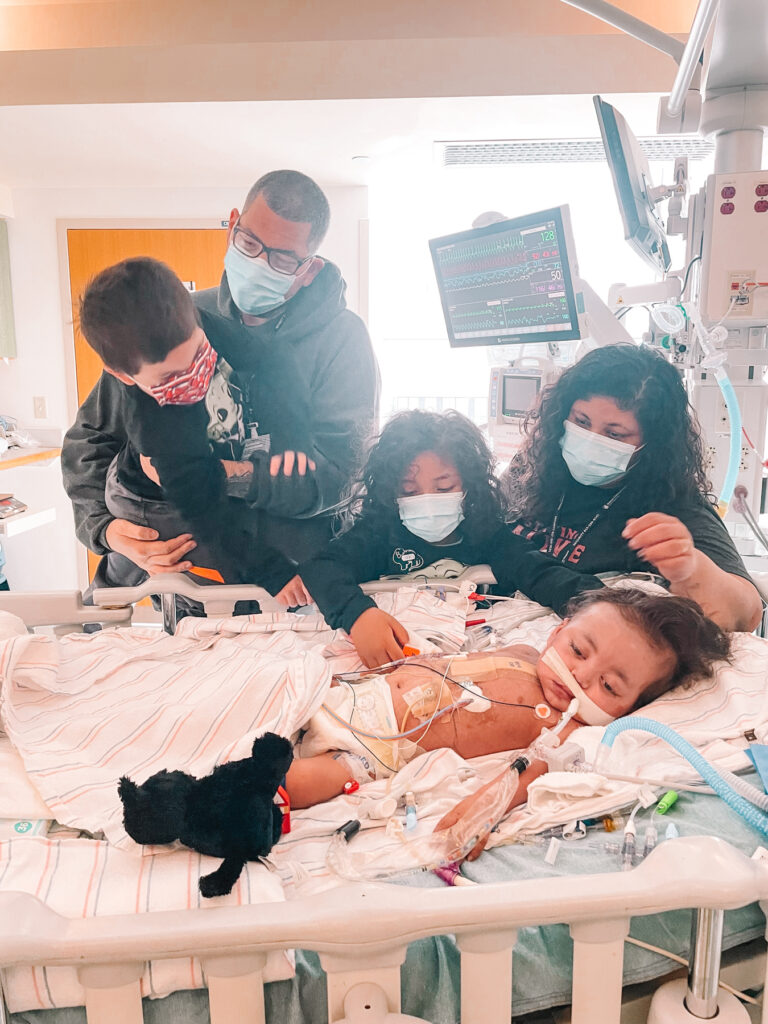
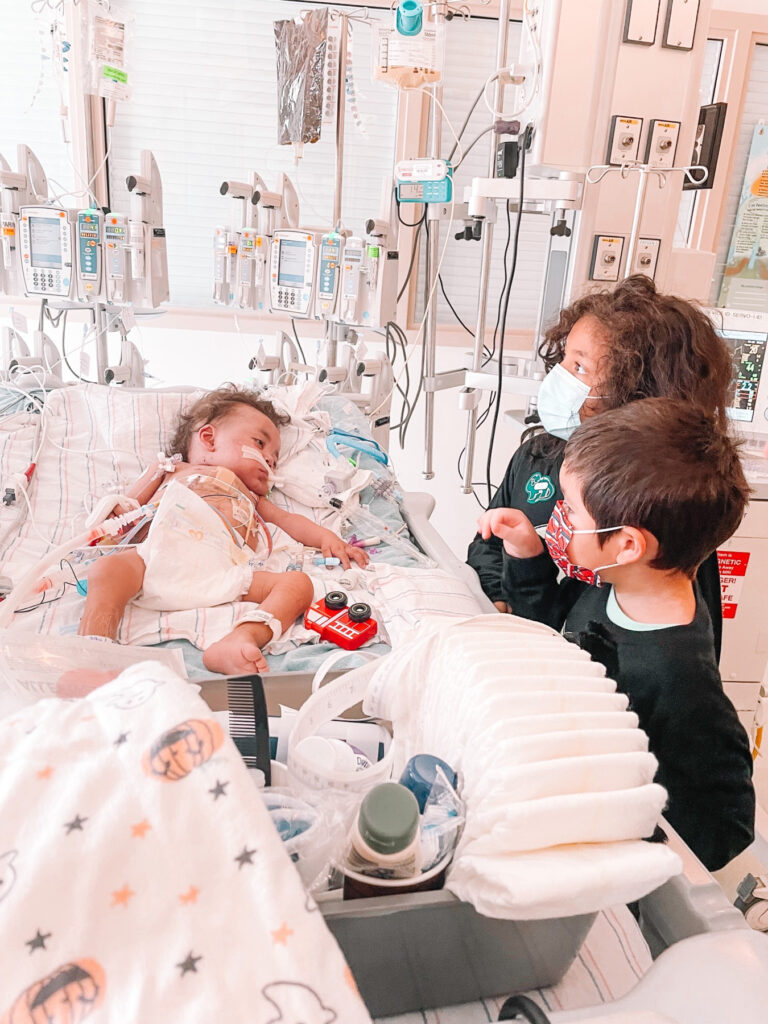
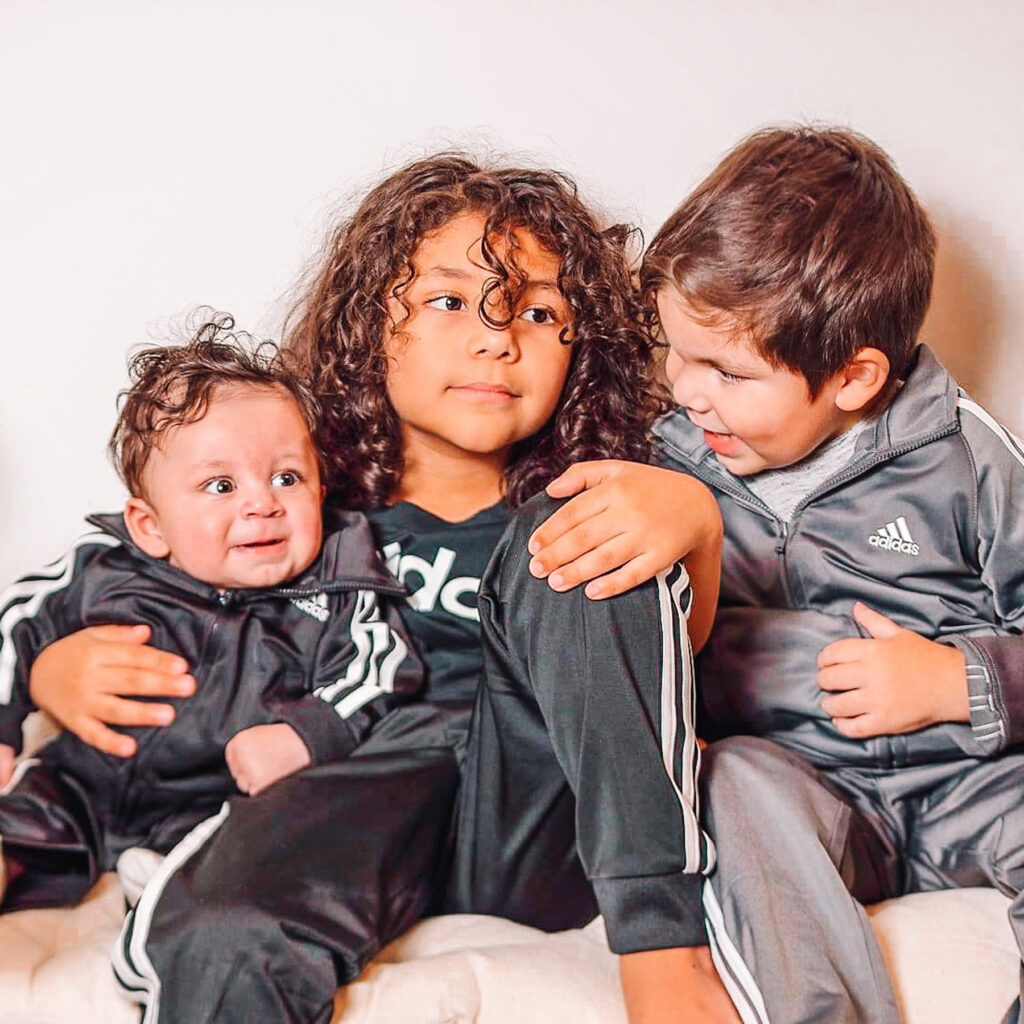
The separation also made it difficult for Sibrana and Blake to make medical decisions together.
“Whenever it came to medical questions or medical approvals, I would have to call Sibrana, or Sibrana would call me,” Blake said. “It was never like this time where we were both in the actual room together and making the decisions together.”
When Boston Children’s Hospital couldn’t do any more for Brexton, his parents took him to Children’s Healthcare of Atlanta, which offered him hospice care. Brexton died on Jan. 17, 2022.
The Oquendos founded the nonprofit Brexton Foundation later that year. Initially, they hope to provide resources and support to parents going through similar experiences. Ultimately, they want to help further research on congenital heart disease.
“Although he wasn’t here for a long time, we can continue sharing his name and continue letting other people know that Brexton was here for a reason,” Blake said. “I feel that with the Brexton Foundation we are not only continuing to bring awareness for heart disease, but maybe I’m still being a loving parent at the same time. We’re still parents. We still want to advocate and do our part.”




